As the motor industry’s own charity Ben marks its 120th year of being here to support past and present automotive workers and their families, Automotive Management asked chief executive Rachel Clift to outline its strategic vision.
Ben is in the process of stepping away from provision of care homes to become focused on the health of the automotive family in our daily lives. Tell us more about how that has come about.
With our decision to effectively divest and transfer our care services and retirement village to suitable operators, effectively professional providers of care services and retirement services, we will become a single, focused health and wellbeing charity dedicated to the industry. Providing health and wellbeing support for life in multiple different ways, whether that be through online, digital interventions, as well as what we're doing via the 24/7 support line, and through our case management services, we've got a team of specialist provision, which includes life coaching and counselling. And that's where our digital platform, SilverCloud, sits.
But we also have a range of commercial services for employers to pay for in the health check and training space. It is really, really important for me personally that we are here to serve the industry's needs.
And quite honestly, there is an awful lot of unmet need out there. To think about our latest health and wellbeing survey, 99% of respondents have said that they had a health and wellbeing issue in the last 12 months. Now some of those issues will be really mild to moderate. It might be a small niggle, but actually, those are the sorts of issues that can spiral out of control and get worse over time. So we want to be doing more in that space of prevention, being proactive and nipping those things in the bud early, but always still be there for people if they're a crisis point. And that's just a really important message - we want to be doing more to prevent, more proactive support, but actually, when many of our industry colleagues are blindsided by lots of things like terminal illness, accidents, injuries, issues within a family environment, relationship breakdowns, we will always be there for them and will hold their hands through that period of time, get them back on track and really, really make a difference.
A point of difference for us, that we've never really said this as a charity before, is we think we also have a role in helping to champion and influence a positive change in the industry, so that the industry is a place where its people can thrive. In the future I want the industry to recognise the importance of looking after health and well being. There's a huge amount of evidence that investing in health and well being is actually worth it. So for every pound that's invested in strategic health and wellbeing initiatives you can get as high a return as seven pounds, in productivity, reduced absence, engagement.
The greatest opportunity is actually in that awareness and prevention space. The returns when employers think about prevention and do training, health checks etc as well as provide support, are much greater, around six or seven pounds. Yet for every pound that you might invest in support alone the returns are less, about three or four pounds. So it screams out that there's more you can be doing to stop things from going wrong in the first place.
Isn't awareness of Ben an issue? The senior people in the industry know Ben and support it, but aren't the lower rungs less aware? How are you tackling that?
We need to be now looking at detailed plans around how we will invest in awareness and what that looks like. But essentially, what we need to do is take a sort of multi omni channel approach to it, because it's quite hard to get out into pockets of the industry. That goes from top down. I think about my role in that, having more visibility, raising the profile of Ben, senior leader engagement, being seen out there, engaging with a bigger audience. Then our outreach team, out in the Ben bus at events and other automotive activities, talking about the work that Ben does.
We really want to then convert that into digital engagement, so we're doing more around social media and email. Email sign ups, in particular, are hugely important for us, because that's the way that we can engage with what we would consider to be potential service users, who might need us, and also inform people how they might support us, whether as a donor or to participate in event?
As regards to awareness, we know that there's more we can do with health and wellbeing campaigns, with industry stakeholders collaborating to do more on specific campaigns. When you think about the the industry's male dominance and the potential for issues around suicide, that would be a really important campaign for people to get behind, trying to prevent suicide from happening.
For a free and confidential chat, Ben's helpline 08081 311 333 is open Mon-Fri 8am to 8pm and its website also provides an online Live Chat service
Is it a challenge for Ben that ultimately you are reliant on more people's support to then be able to help more people? What's the balance?
The levers are how aware people are of your cause and how much fundraising you generate, but also from that what service demand you generate too. Now we've an ambitious strategic goal to triple our charitable impact by 2030, supporting three times more individuals than we are today.
Awareness is currently itting around one in six of those working in the industry, and we want to move the dial to three. That fundraising bit is critical. There are so many charities that people can give to, but people in automotive have got one automotive charity that is dedicated to their health and wellbeing. Getting people to understand that is critical, and that they can play a part in supporting their automotive family themselves. So we want to double our fundraising by 2030 as well.
Although we will have funds for investment from the sale of a care village, that is about future-proofing Ben. We know in the next four or five years we won't be able to fundraise enough to deliver the charitable impact we'll be driving, and we are going to have to fund the awareness growth we need, so we will have to use some of those funds to help the income shortfall and to invest in some fundraising initiatives. But we'll develop an investment plan to yield returns from the funds on an annual basis.
What can dealer groups do to help you in the long term?
We have corporate campaigns through the year, such as Ben's Big Breakfast, Christmas jumper days, the industry leader challenge. There are other things coming down the line. We have packaged up everything we do at Ben for employers as a product called Ben Life. There are additional benefits for organisations that become Ben Life partners, providing insights and thought leadership and certain fast track access to some of our services, while helping us to raise awareness in their organisation of the services and support available.
In a franchised dealer organisation the offering is hugely relevant because we know it's not an easy sector to work in, it's highly pressurised, and people need support that is proactive and preventative. But it is really important that people understand that, even if an organisation is not a Ben Life partner, their people in this industry can have our support.
As a charity, you are focused on helping the individuals in the industry, part of which means you need those relationships with the employers, but you're there for the people, not the employers?
Yes, but the ethos very much is that ee all have a part to play.
Many modern employers do value the wellbeing of the workforce, surely?
It is a real competitive advantage. You're attracting a generation where this is massively important. It's also about embedding it and having brilliant basics as an organisation. Ensure you have good leadership, strong management that is supportive, clear communication so that people know what is expected of them, that you have equity, diversity and inclusion on your radar.

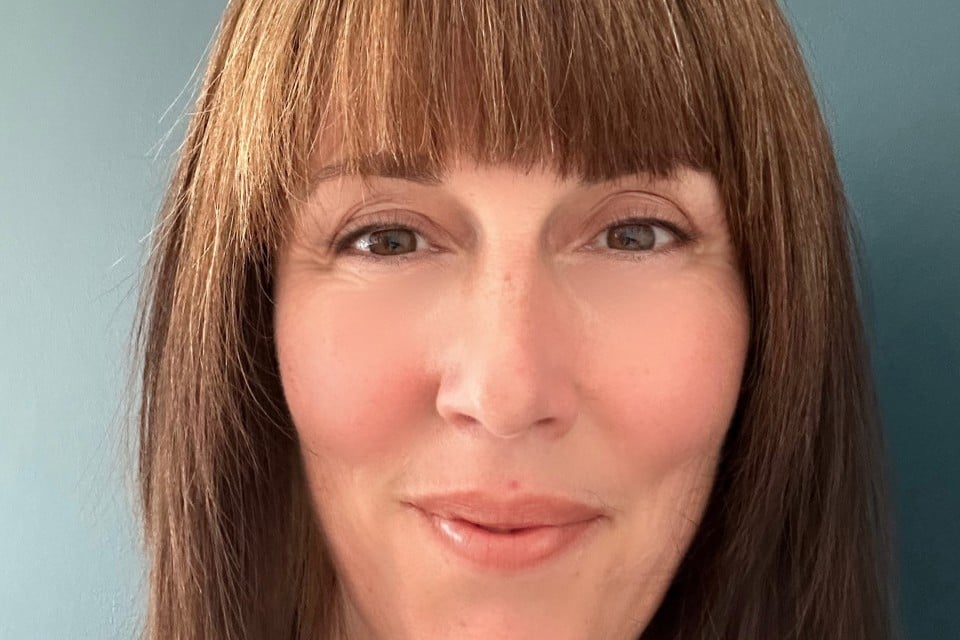





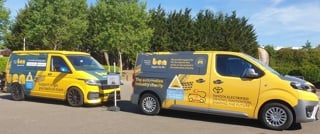
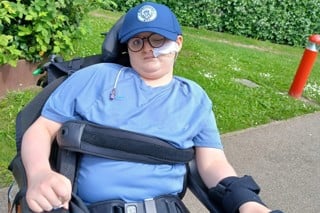
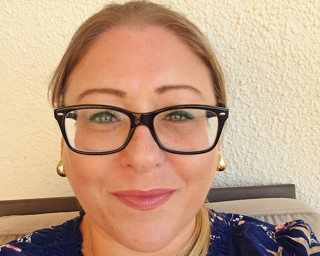
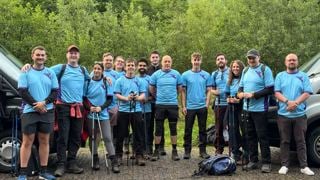












Login to comment
Comments
No comments have been made yet.